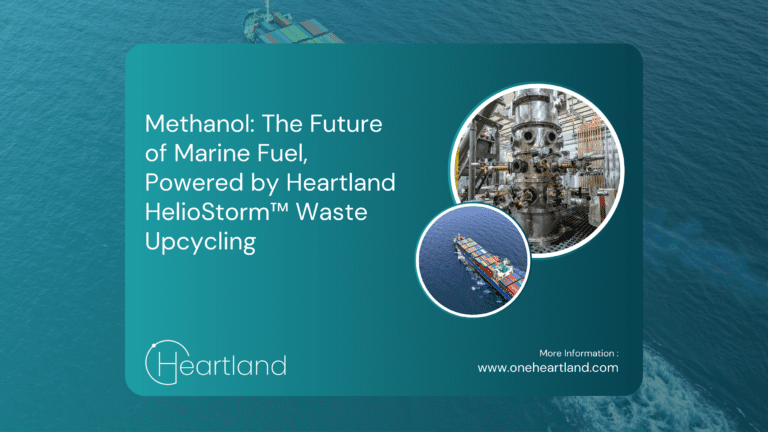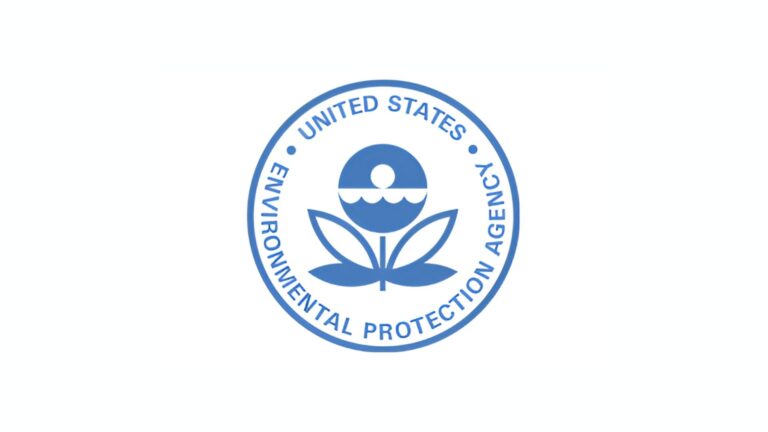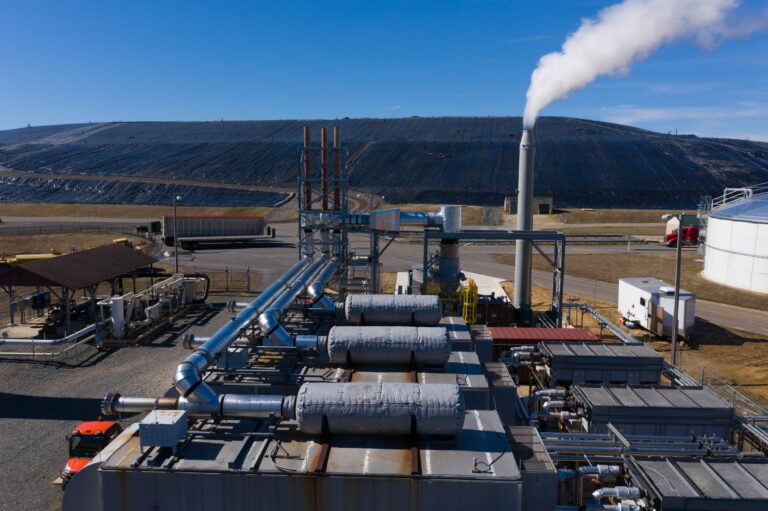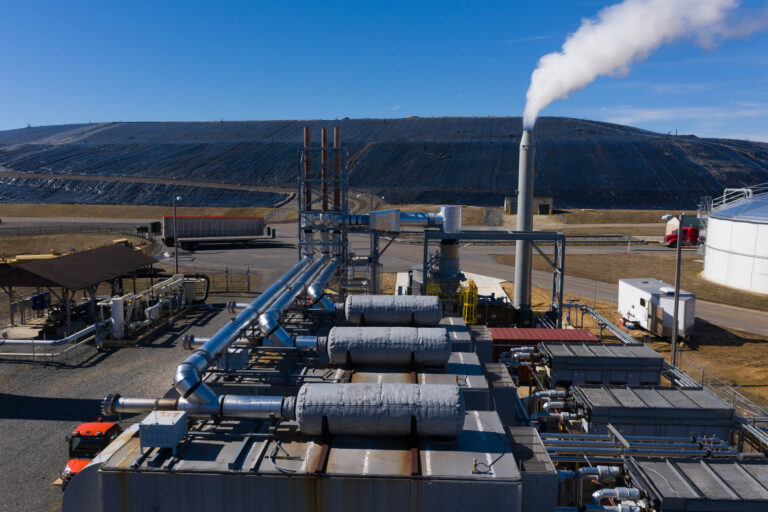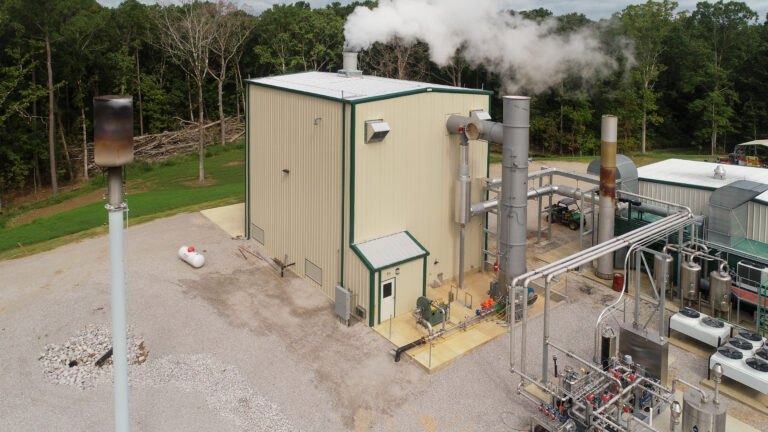Our New Administration Must Not Undo the Foundations of Common-sense Environmentalism

With the pending change in government, policy reforms are on the horizon that reflect a new set of priorities—ones that were once considered wholly at odds with the environmental movement, but no longer. The formerly adversarial relationship between business and conservation leaders has been rapidly evolving along with the rise of cutting-edge technologies that have driven common-sense, commercially viable environmental efforts, benefiting multiple stakeholder groups.
Before our new and returning regulators and representatives rush into rewriting environmental policies, or advocate for their overhaul, they would do well to understand today’s more collaborative paradigm, driven by de-centralized, cost-efficient, scalable, business-approved solutions that are preserving our clean water supply, generating clean fuel and reducing physical as well as financial waste.
The mistrust between business operators and environmentalists has roots in initiatives that have under-delivered on conservation goals while overwhelming industries and consuming oversized shares of budget. From massive “green” infrastructure projects that are destined to be de-commissioned before making an impact to initiatives overly dependent on niche areas of expertise that can’t be tapped, some projects have proved extremely costly without achieving a meaningful, sustainable environmental impact, at least not yet.
Fortunately, we have also seen environmental collaborations become overwhelmingly successful at scale, driving real change with the joint support of environmentalists, business leaders and policymakers alike. These technological initiatives represent the future of environmentalism, reflecting shared principles of various stakeholders and meeting joint goals.
For example, at Heartland, our solutions address the “forever chemical” PFAS, reducing the waste volume by as much as 95% and, when necessary, delivering 100% assured PFAS destruction. This achieves a clean water priority expressed by both Democratic and Republican leaders. In addition, we are successfully converting food waste into turquoise hydrogen and ultra-pure synthesis gas, used to produce clean energy, reducing landfill mass, our reliance on foreign oil and our impact on climate change.
This technology can be seen in action at the Port of West Virginia, where Empire Green Generation is using advanced upcycling techniques to transform food waste into clean hydrogen. In the coming years, this project will power itself entirely through the energy it generates, creating a highly sustainable, self-sufficient system that achieves both business and environmental objectives.
These and other cutting-edge solutions are currently operational and scaling. They have created countless new job opportunities and have lowered the cost of renewable energy so that it is now in line with traditional energy generation. An overhaul of the rules that helped foster the development and implementation of these solutions would create unnecessary business turbulence and undo years of environmental progress—time that we don’t have.
What’s more, deregulation at the EPA and other federal agencies would be largely ineffectual, considering that expensive litigation will continue to necessitate the adoption of solutions that preserve the quality of our land, water, air and public health. State-level mandates will do more of the same. And in the absence of strong federal regulations, these state-led efforts will necessitate that operators follow a messy patchwork of rules, making compliance even more challenging.
President Trump’s second term presents an opportunity to continue down a pathway that’s been years in the making: a collaborative, common-sense, practical approach to environmentalism. Maintaining this progress requires the rejection of the false narrative that pits Republican against Democrat and business leader against conservationist, accepting that some objectives are universal and common sense, and pursuing them is simply the right thing to do.

